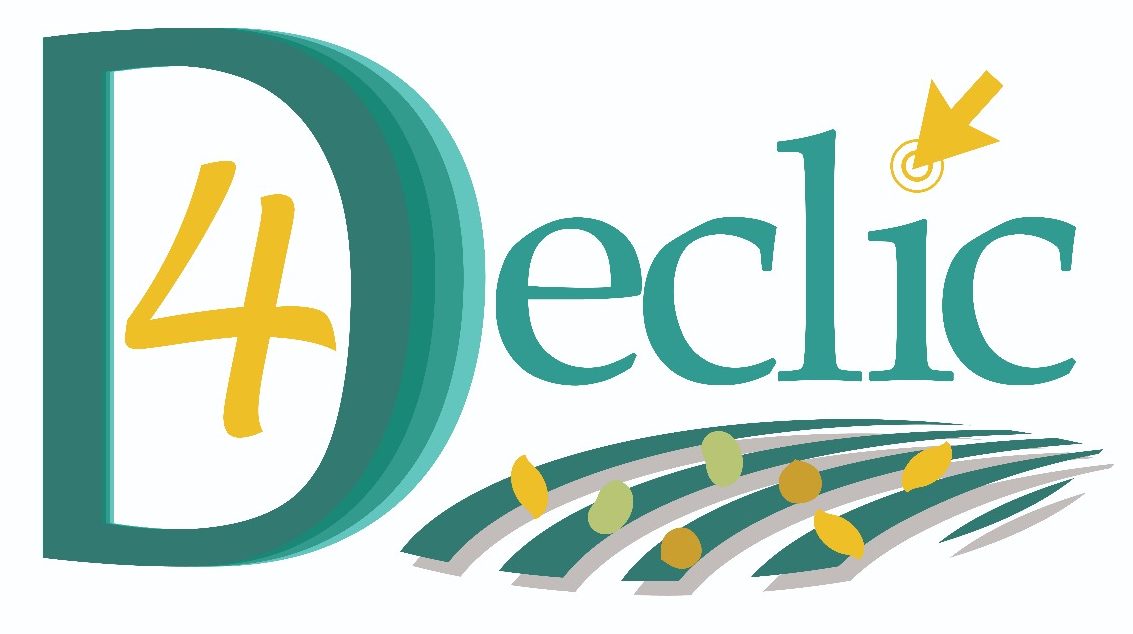D4Declic project aims at developing scientific knowledge, practical solutions and efficient tools to support the production of high quality grain and fodder from legume – cereal based system in the Mediterranean basin, using mixed cropping systems involving more crop species and varieties.

Central to our approach is the hypothesis that there is a strong bound between ecological integrity of the environment, especially of soils, and products’ quality in the Mediterranean region. We also envision that changes in grain quality characteristics in mixed cropping systems would make locally produced grain appealing for industrial transformation to high added-value food products and support the development of new food products involving grain mixes. Improved nutritional quality of fodder should also improve the fragile balance between fodder and grain production in mixed livestock-cropping mixed farms.
The key research challenges are :
- evaluating the effect of crop diversity on soil health and agroecosystem functioning in relation with resource use by crops in mixed cropping systems combining one legume with one cereal or in agroforestry systems,
- evaluating the quality of grain and fodder from mixed cropping agroforestry and sole cropping systems, and elaborating new recipes and industrial protocol for food products (bread and couscous) combining cereal and legume grains issued from these systems,
- delivering both profitable and acceptable solutions for farmers and food manufacturers and supporting adoption.

Regarding this last challenge, D4Declic will deliver a digital platform combining a DDSS and an interactive software dedicated to farmers and farm advisers to assist them with planning land allocation using mixed cropping. A manufacturer will be integrated downstream through participation in the transformation trials.
The two main innovations of the project are the use of a comprehensive framework considering the whole value chain and of innovative technology allowing interaction with non-trained users. The project is expected to unlock bolt to develop a robust value chain by addressing needs and constraints from food industry at the same time as adaptation of cropping systems.
